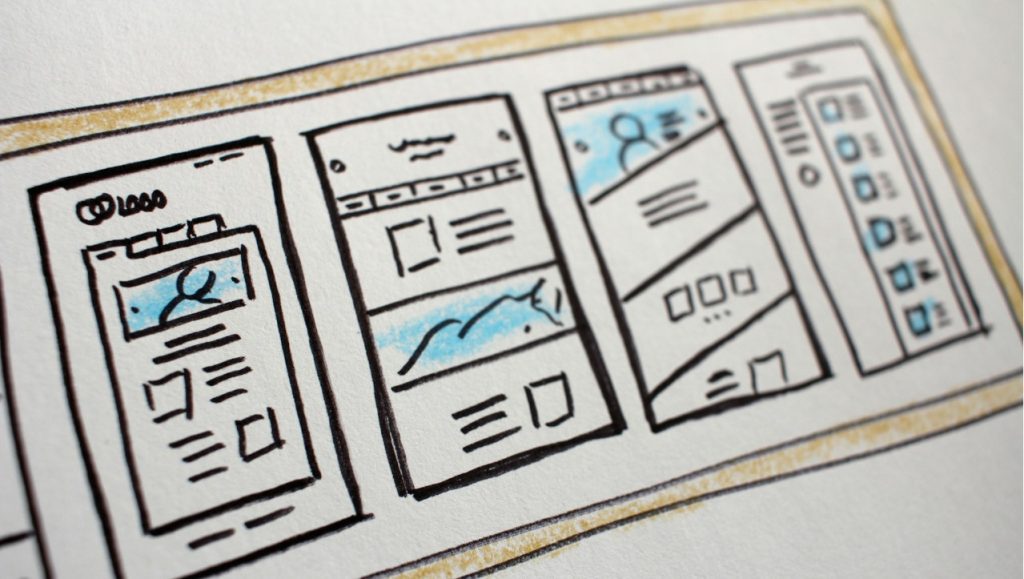
In an era where first impressions are made in mere seconds,luxury hotel websites are more than just digital brochures they’re immersive experiences.
NB: This is an article from ARO Digital
Subscribe to our weekly newsletter and stay up to date
In 2024, nearly 80% of travellers will book their accommodation online, making your website the true front desk of your hotel. This means that luxury hotel brands must offer more than aesthetics – they must design sites that seamlessly blend beauty with functionality. It’s not enough to look good; a luxury website must captivate, inform, and, most importantly, convert.
What can we expect in the realm of high-end hotel website design for 2025 and beyond? Let’s explore five standout trends that are set to dominate the digital luxury landscape.
This approach invites visitors to mentally step into the world your hotel is offering them. With more than 90% of people relying on visuals to make a purchasing decision (HubSpot, 2024), integrating immersive storytelling into your website design can significantly increase conversions.
1. Personalisation: Catering to the Unique Traveller
In the future, one-size-fits-all design will be a relic of the past. Hyper-personalisation – tailoring the experience to each individual user – will be key to capturing high-net-worth travellers. Luxury guests will expect a website that anticipates their needs and desires before they’ve even voiced them, with the help of AI-powered customization and dynamic content.They expect to receive content and offers tailored to their interests pre and post-stay.
The personalised touch fosters loyalty, with 88% of consumers saying personalisation increases their likelihood of booking a luxury stay (Salesforce, 2024).
2. Seamless Mobile-First Design: A Necessity, Not an Afterthought
As of 2024, 73% of all hotel bookings are made via mobile devices (Phocuswire, 2024), and yet, many hotel and resort websites still treat mobile design as secondary. Going forward, mobile-first design will no longer be an option—it will be the standard. But what does mobile-first really mean for hotels?
- Speed: A sleek, fast-loading mobile site or app can significantly reduce bounce rates and improve conversions. The shift towards mobile-first design ensures that luxury hotels meet their guests where they are—on their phones.
3. Eco-Conscious Digital Design: Sustainability Meets Digital
Sustainability isn’t just about eco-friendly rooms or carbon-neutral operations anymore; it’s now becoming a crucial aspect of website design itself. As luxury hotels continue to prioritize sustainability in their offerings, their digital presence will reflect the same ethos.




